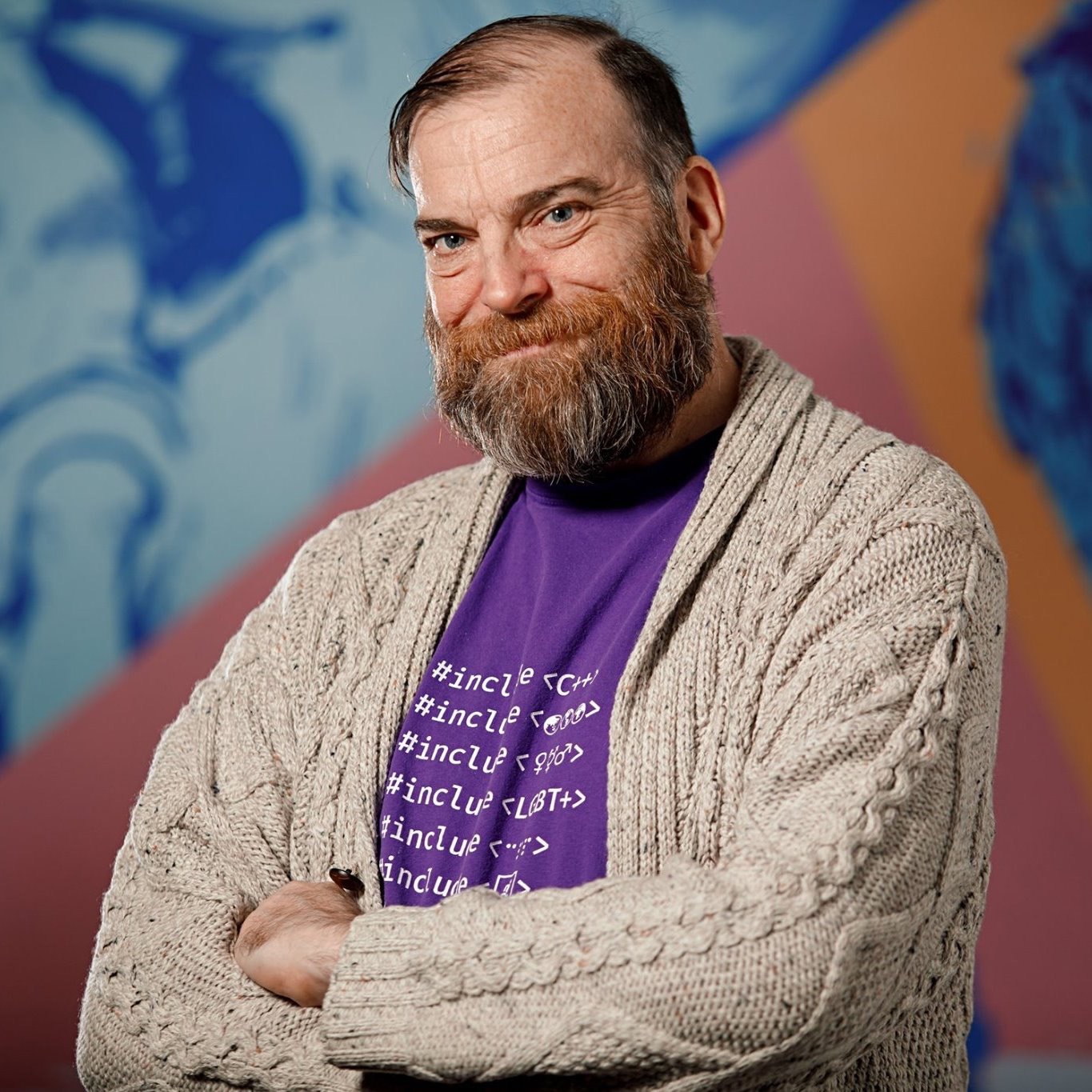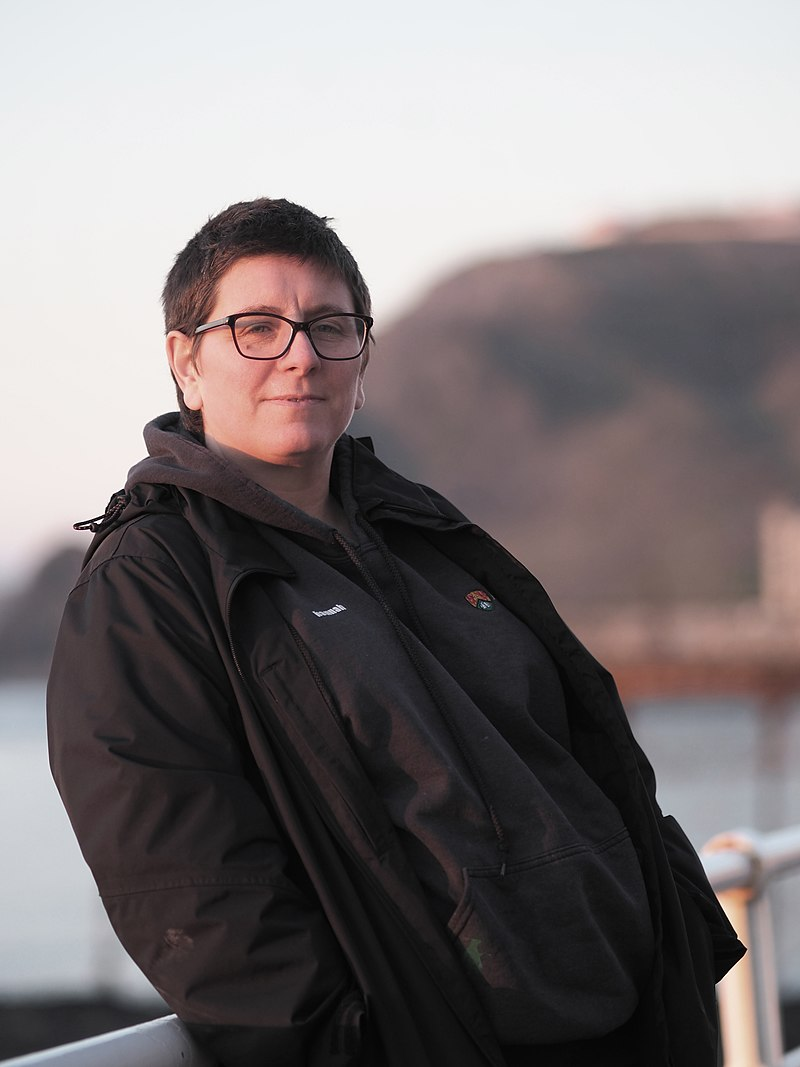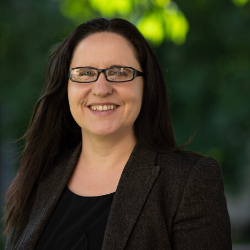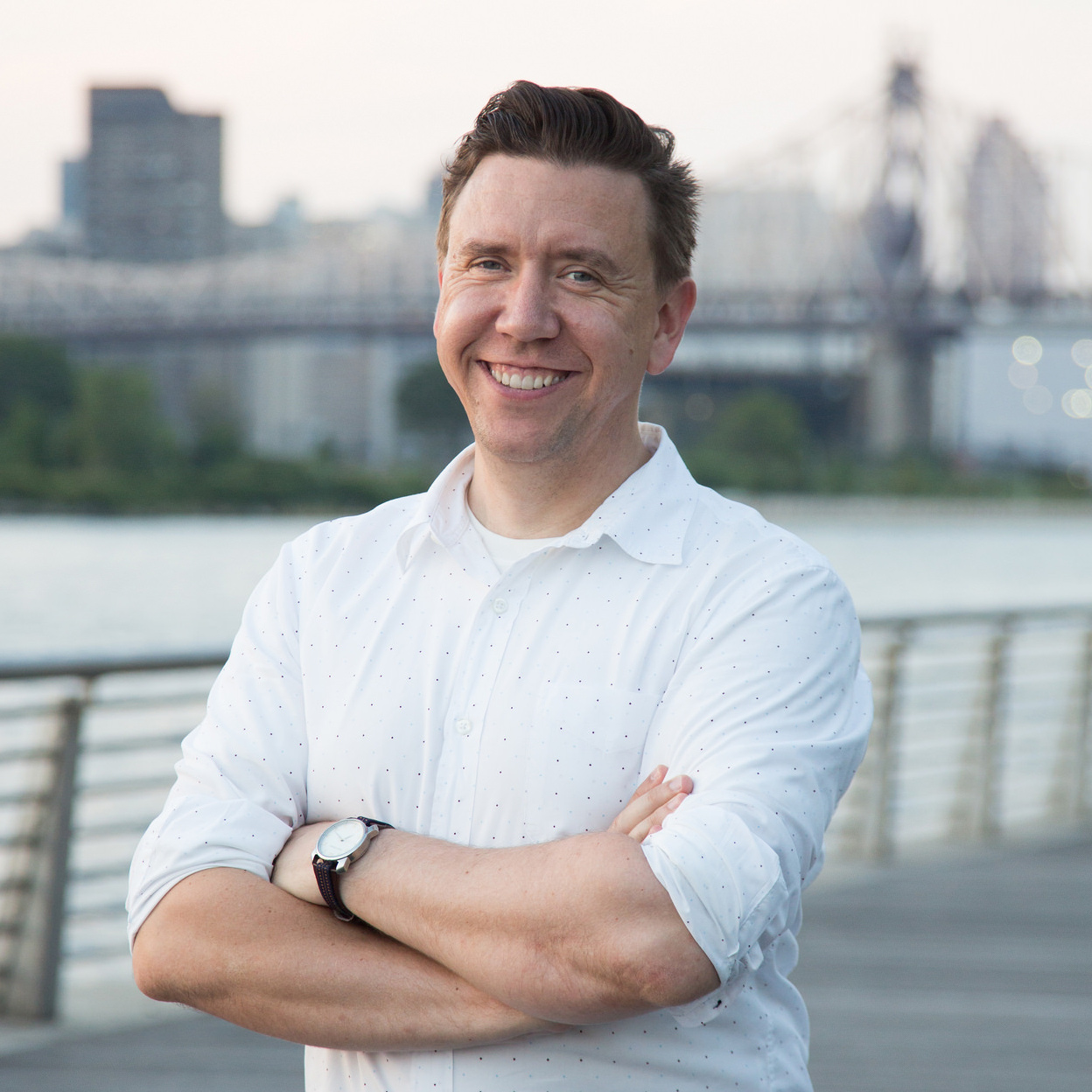
ACCU 2022 Registration is open
28 January 2022
The registration for the ACCU 2022 Conference is now open. Please follow this link.
We are looking forward to meet you in person in Bristol or online.

28 January 2022
The registration for the ACCU 2022 Conference is now open. Please follow this link.
We are looking forward to meet you in person in Bristol or online.

21 January 2022
We are happy to announce the schedule for the upcoming ACCU 2022 conference!
Please follow this Schedule or view it embedded in the general conference information.
We are sorry that this notice is some days later than originally announced.

14 October 2021
The Call for Papers is open and you are welcome to submit your proposals through our new submission system.
We are currently planning the next ACCU 2022 spring conference as a hybrid event. So it will take place at the Marriott hotel in Bristol, UK and in the internet.
The ACCU 2022 conference will be from 2022-04-06 to 2022-04-09, with a pre-conference workshops on 2022-04-05.
We are starting the Call for Papers now!
If you are new to submitting sessions for ACCU conferences, you may want to read the ACCU conference section on ACCU Conference. It explains the types of session that can be submitted. It also has links to all the details about presenter deals.
So in order to submit a proposal you will need to go to submission system
Unless you are already logged in, this takes you to the sign-up/login page. You will need to sign up first so that you can then login and start submitting proposals.
The Call for Papers is open until 5th November 2021 at 23:59:59 GMT. As ever there will be no extension of the deadline, and we do not take late submissions.
If you have any questions or problems please do not hesitate to email the Conference Chair.

14 October 2021
We are happy to announce our keynote speakers for the ACCU 2022 conference!

Guy Davidson is the Head of Engineering Practice at Creative Assembly, the UK’s oldest game studio. He has been there since 1999 working on the Total War franchise, but he has been writing games since 1980, on Acorn computers, Sinclair computers, Atari computers and finally PCs. His first paid C++ gig was in 1992 and it remains his favourite language. At the start of the pandemic he volunteered to help write a book, and eventually discovered he was going to write all the text. Beautiful C++ is edited by Kate Gregory and published by Addison-Wesley. When he’s not writing code, he likes to play the piano, practice Tai Chi, eat good food and sing first bass with the Brighton Festival Chorus.

Photo by Kevin Williams
Hannah Dee is a senior lecturer in Computer Science at Aberystwyth University. She has served on the committee of BCSWomen since 2007 and led their Android Programming Family Fun Day world record attempt for the largest computer lesson (over 1,000 people learning Android programming at the same time). She is the founder of the BCSWomen Lovelace Colloquium, the UK’s main event for women undergraduates in computing. Hannah was a Suffrage Science award holder in 2016–18, has received the BCS John Ivinson award for volunteer work and is a member of the Computer Weekly women in IT Hall of Fame. Her research area is computer vision and robotics, and she has just taken delivery of a robot submarine.

Patricia is a programmer and trainer that has worked on, among other things, two browsers (Opera and Vivaldi) and embedded telepresence endpoints for Cisco. Her focus on the end user has led her work more and more toward privacy and security, and she has recently started her own company, TurtleSec, hoping to contribute positively to the infosec and C++ communities. She is the organizer of the Oslo C++ User Group and an admin in the #include<C++> organization hoping to improve diversity and inclusion in the C++ community

Titus is a Senior Staff Software Engineer at Google, where he has worked since 2010. He founded Abseil, Google’s open-source C++ library that underpins more than 250M lines of Google code with 12K+ active internal users. He is one of the four arbiters for Google’s official C++ style guidelines. For the last 10 years, Titus has been organizing, maintaining, and evolving the foundational components of Google’s C++ codebase using modern automation and tooling. Titus is the former chair for the Library Evolution Working Group (LEWG) in WG21. He is also the lead author for the book “Software Engineering at Google.” (O’Reilly, 2020).

3 June 2021
ACCU is starting preparations for ACCU 2022. Please watch this space for more information.
Copyright (c) 2018-2025 ACCU; all rights reserved.
By clicking "Accept Non-Essential Cookies" you agree ACCU can store non-essential cookies on your device and disclose information in accordance with our Privacy Policy and Cookie Policy.
Current Setting: Non-Essential Cookies REJECTED
By clicking "Include Third Party Content" you agree ACCU can forward your IP address to third-party sites (such as YouTube) to enhance the information presented on this site, and that third-party sites may store cookies on your device.
Current Setting: Third Party Content EXCLUDED
Settings can be changed at any time from the Cookie Policy page.